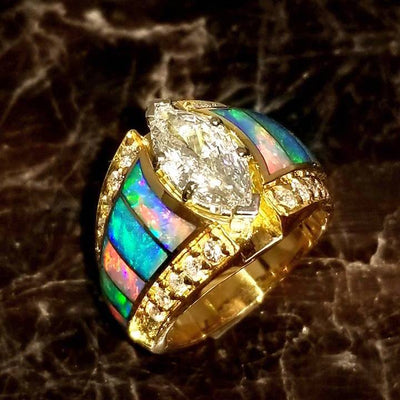The Evolution of Magic: From Ancient Rituals to Modern Illusions
Corps
Magic has captivated human imagination for centuries. Its evolution from ancient rituals to contemporary illusions showcases not only the creativity of performers but also the cultural significance of magic throughout history. This article delves into the fascinating journey of magic, exploring its roots, transformations, and enduring appeal.

Ancient Magic: Rituals and Beliefs
In ancient civilizations, magic was often intertwined with religion and spirituality. Cultures such as the Egyptians and Greeks practiced ritualistic magic to invoke deities or influence natural events. These rituals were not merely entertainment; they served as a means to connect with the divine and seek protection or favor.
- Egyptian Magic: In ancient Egypt, magic was a vital part of daily life. Priests performed spells and rituals to ensure the well-being of the community.
- Greek Mysticism: The Greeks believed in the power of mystical practices to influence fate and fortune. Oracles and seers played crucial roles in guiding decisions.
How did these ancient practices shape the perception of magic? They established a foundation that would evolve over time, transitioning from sacred rituals to forms of entertainment.
The Renaissance: The Birth of Modern Magic
The Renaissance marked a pivotal moment in the history of magic. As science and art flourished, so did the fascination with illusion. Performers began to develop techniques that blurred the lines between reality and deception. This period saw the emergence of stage magic, where skilled magicians captivated audiences with their tricks.
- Introduction of Stage Magic: The first magic shows were held in theaters, where magicians like Jean Eugène Robert-Houdin became household names.
- Scientific Approach: Magicians started to incorporate scientific principles into their acts, enhancing the realism of their illusions.
What impact did this have on society? Magic became a form of entertainment that appealed to the masses, paving the way for the modern magic shows we enjoy today.
Modern Magic: Entertainment and Illusion
Today, magic is a multifaceted art form that encompasses various styles and genres. From close-up magic to grand illusions, the diversity of performances continues to grow. Modern magicians, such as David Copperfield and Derren Brown, have pushed the boundaries of what is possible, captivating audiences worldwide.
Moreover, magic has found its place in popular culture, influencing films, television shows, and even jewelry design. For instance, the enchanting allure of opal engagement rings can evoke a sense of magic in romantic gestures. Explore stunning options at  .
.
The Future of Magic: Innovation and Technology
As we look to the future, the integration of technology in magic performances is becoming increasingly prevalent. Virtual reality and augmented reality are opening new avenues for magicians to create immersive experiences. Will these advancements redefine the essence of magic? Only time will tell.
In conclusion, the evolution of magic reflects humanity's enduring fascination with the unknown. From ancient rituals to modern illusions, magic continues to inspire wonder and curiosity. Whether through traditional performances or innovative technologies, the magic of today remains as captivating as ever.









commentaires